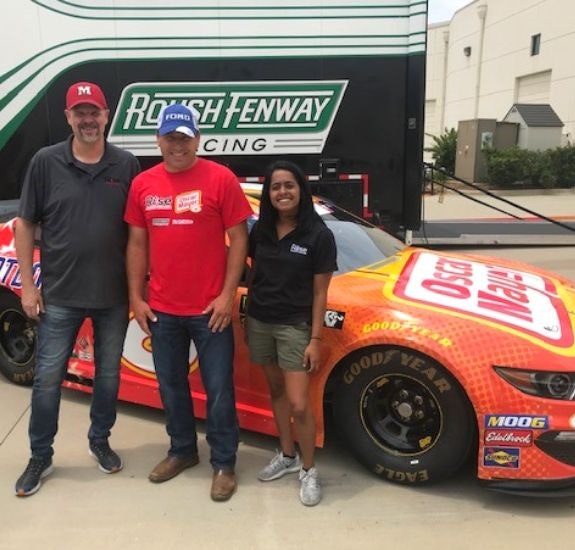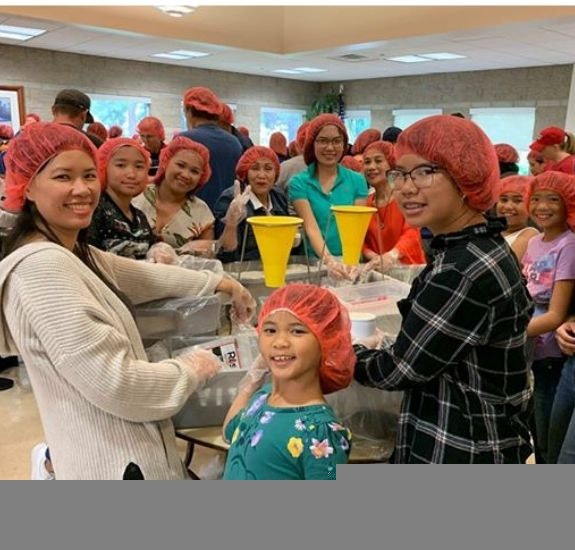
In June, I had the opportunity to travel to Kenya to visit rural schools, surrounded by farmland, that are enrolled in our Feed for Knowledge project implemented in partnership with Rural Family Hope.
In June, I had the opportunity to travel to Kenya to visit rural schools, surrounded by farmland, that are enrolled in our Feed for Knowledge project implemented in partnership with Rural Family Hope.
The Feed for Knowledge project supports seven schools in southwestern Kenya through a school feeding program that holistically reduces malnutrition and boosts education, agriculture, livelihoods and health.
Did you know students at seven schools in Kenya no longer have to walk to and from school daily to acquire water? Find out more in the second installment of our It Starts With a Meal: Kenya story series.
Guest blogger Scott Chapman, a multisite franchise partner with Zambrero, shares his experience going on a vision trip to Kenya with Rise Against Hunger to visit feeding programs supported by the nonprofit.
Narovantsoa, a 12-year-old boy, lives with his teacher, Yvonne, in the small town of Soamanandrariny, Madagascar. On average, households in Somanandrainy consist of six people, and many depend on an income of less...
Kicking off this year’s Coca-Cola 600 at Charlotte Motor Speedway, Oscar Mayer and Roush Fenway Racing teamed up to package Rise Against Hunger meals in Charlotte, NC. Together, the volunteers packaged over 10,0...
Traditionally, birthday celebrations bring balloons, a big cake and surprising gifts. For 13-year-old Gian and 9-year-old Gianina, their birthdays are another chance to celebrate an annual fundraiser to give back...
At only 15 years old, Memory carries herself with confidence and zeal as an exceptional student despite her difficult circumstances growing up in Zambia. Living in a rural area in the capital city of Lusaka, she s...
On National Teacher Appreciation Day, we are celebrating teachers around the world whose hard work and impact extend far beyond the boundaries of the classroom. For Mmapula Letswalo, a South African leader in educ...
Our volunteers are the heart of our mission to end hunger at Rise Against Hunger — we couldn’t impact millions of lives each year without them. Since our meal packaging program began in 2006, we’ve seen grou...








